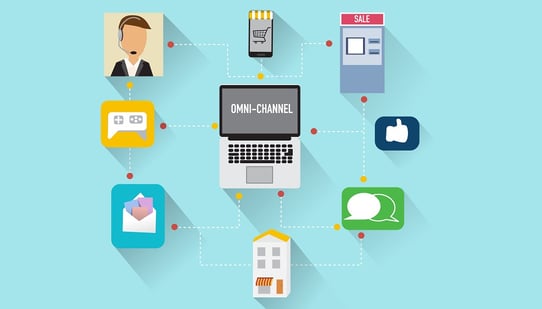REDWOOD LOGIN
Redwood PortalLTL
SCS
SCS Support
Rockfarm
 The smart retailer knows the value of omnichannel options for consumers. While online platforms have significantly improved the customer shopping experience, retailers and others within the supply chain are having difficulty keeping up with demand. Manufacturers specifically are having challenges with fulfillment due to rising costs in materials, employee wages, and other non-controllable factors. In the end, to compete in today’s market, manufacturers must find ways of keeping up with consumer demand – or others will replace them.
The smart retailer knows the value of omnichannel options for consumers. While online platforms have significantly improved the customer shopping experience, retailers and others within the supply chain are having difficulty keeping up with demand. Manufacturers specifically are having challenges with fulfillment due to rising costs in materials, employee wages, and other non-controllable factors. In the end, to compete in today’s market, manufacturers must find ways of keeping up with consumer demand – or others will replace them.
Let’s review some of the common challenges facing manufacturers with omnichannel consumer marketing options, and how they can meet these issues head-on.
Today’s consumer and retailer expects the timely fulfillment of merchandise. Whether it’s an order placed on a retailer e-commerce site, or brick and mortar location, nobody likes to hear the phrase out-of-stock. Manufacturers face many challenges that cause difficult keeping up with consumer demand including:
While many of these items are not controllable, there are a few ways that manufacturers can improve their operations to comply with changes in omnichannel marketing in the retail world.
The retail omnichannel touches many chains including retailers, resellers, warehouses, distribution centers, and eventually the consumer. To evolve, changes in manufacturing best practices must be made. There are several individual aspects of product fulfillment beyond the manufacturing of goods that should be improved including:
The retail world has changed significantly in recent years. While manufacturers used to have a simple job of making consumables and shipping to a retailer, the evolution of omnichannel retailer marketing options have caused manufacturers to evolve or be left behind. When they invest in making changes, there are multiple benefits including:
There used to be a time, not so long ago when marketing to consumers was a simple proposition. A brand would advertise, consumers would travel to their brick and mortar location and purchase their goods. With the invention of mobile devices and the expansion of the internet, the evolution from multi-channel to omnichannel retail marketing has become a reality.
Whether it’s social media growth, online marketing, or the introduction of drop-shipping retail options, opportunities for consumer conversion are expanding, which drives today’s retail market. While it used to be marketing buzz-term, omnichannel marketing has now become mainstream and a way of life for any brand or retailer. Manufacturers that evolve to the changes in technology and retail marketing are ones who will succeed. Those who refuse to change will be left behind.